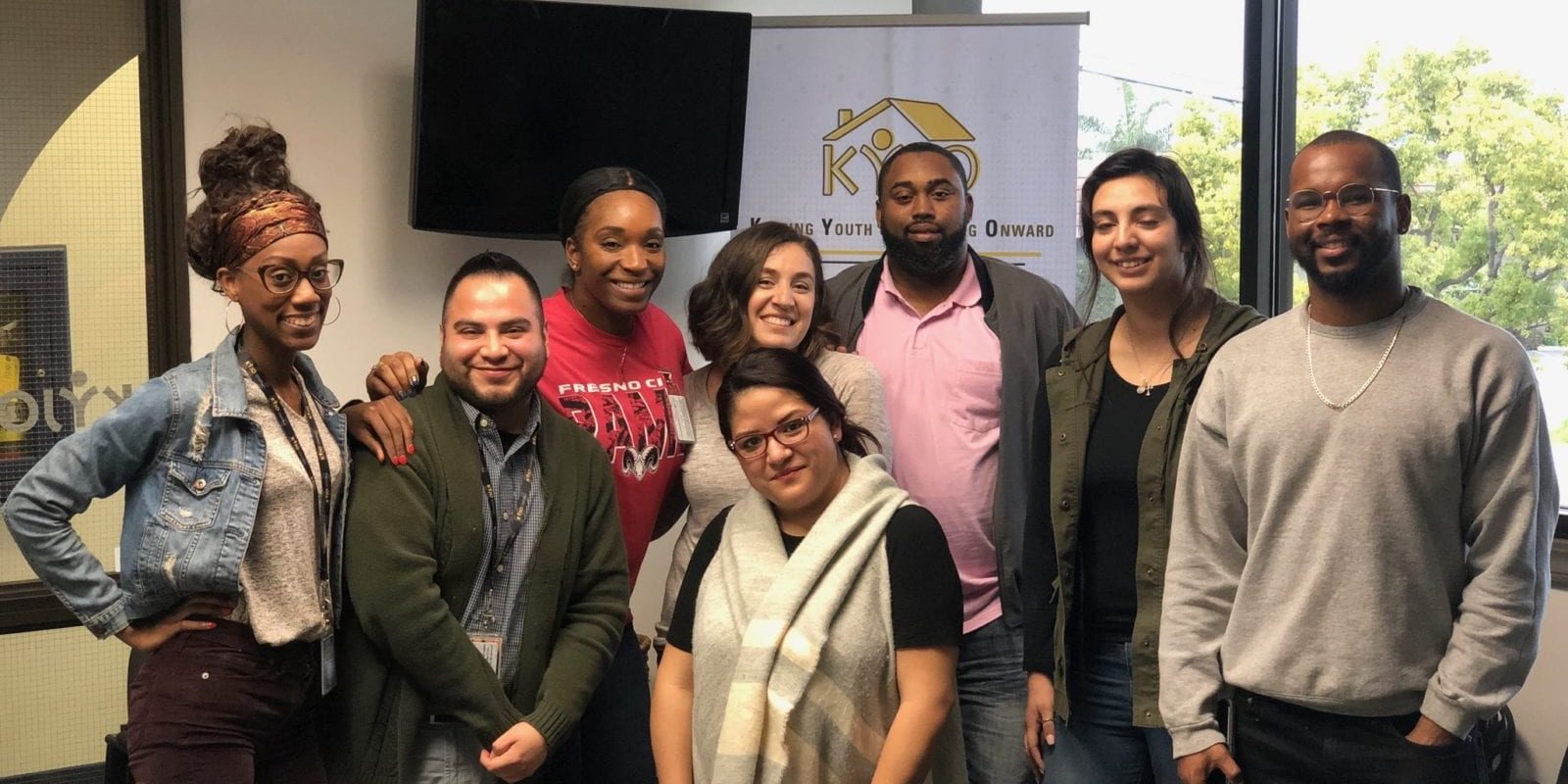When people hear the words “mental health,” many things come to mind. More often than not, negative connotations follow.
I’ve never understood why so much negativity surrounds these words. In fact, many people tend not to seek out mental health services and professional help because they think that others might think they’re “crazy”. This shouldn’t be the case, especially because our mental health is simply another part of ourselves that we have to take care of. Just as we go to the doctor and to the gym to take care of our physical health, or go to church and meditate and pray to take care of our spiritual health, we need to understand that taking care of our mental health is just as important.
Neglecting our physical health and spiritual health can lead to negative consequences. Not taking care of our mental health will also lead to negative consequences. A few years ago, when I was a student at Fresno State University, I saw a need for mental health awareness throughout our community. I took action and organized a mental health conference titled “Hidden Wounds”.
I titled it “Hidden Wounds” because issues regarding our mental health are not always visible to the eye. In fact, most individuals suffering from issues related to mental health do so in silence. They do this, in large part, because of the stigma associated with the words “mental health”. Therefore, this becomes a battle these people fight alone, and fighting it alone makes it that much more dangerous.
The Prevalence of Mental Health Issues
As of 2018, according to the National Alliance on Mental Illness (NAMI), 20% of youth ages 13-18 live with a mental health condition, and 50% of all lifetime cases of mental illness begin by age 14. In addition, NAMI reports that 70% of youth in the juvenile justice system have a mental illness. And according to the National Conference of State Legislatures, up to 80% of children and youth in foster care have significant mental health issues.
These mental health issues are depression, anxiety, and post-traumatic stress disorder, among others. The American Academy of Pediatrics, through its Healthy Foster Care American Initiative, identifies mental health as the highest unmet health need for foster children and youth. The reason I reference these statistics is because these are a lot of children and youth that are battling with mental health issues, especially children in the foster care and juvenile justice system. This is something they shouldn’t have to do alone!
Encourage Your Children to Be Open About Their Mental Health
We, as a society, need to encourage our children and youth to be more open about their mental health. We need to educate them about the importance of their mental health. But most importantly, we need to stop stigmatizing mental health and attaching negative connotations to it. There is nothing wrong with taking care of our mental health. There shouldn’t be shame behind wanting a better version of ourselves – a healthier version of ourselves. Our children and youth should be free to play, grow, and enjoy life to the fullest with all health aspects flourishing within their lives.
I believe that the more we talk about our mental health the less negative statistics (and connotations) there will be surrounding it. Instead of looking at it as something negative, we must become allies and stop the stigma. We need to support those that are trying to get better. We need to embrace the words “mental health.”
The above post comes from KYJO Case Manager Oscar Perez. If you, your child, or your family are in need of mental health services, be sure to reach out to us via KYJO’s behavioral and mental health services page.

